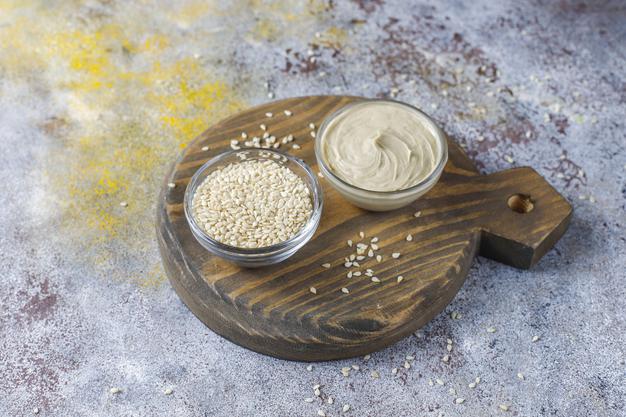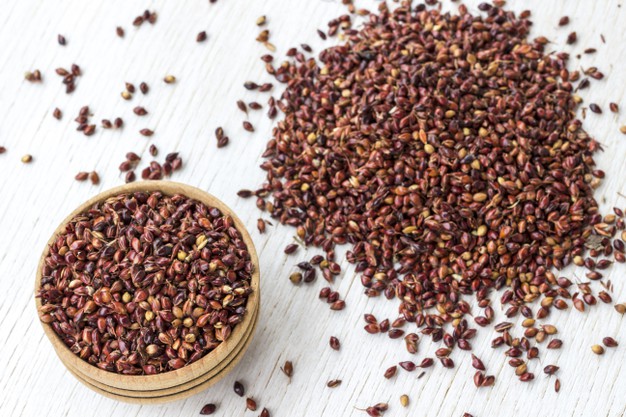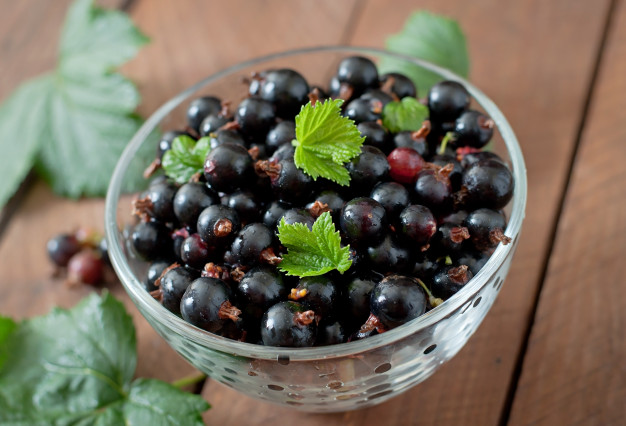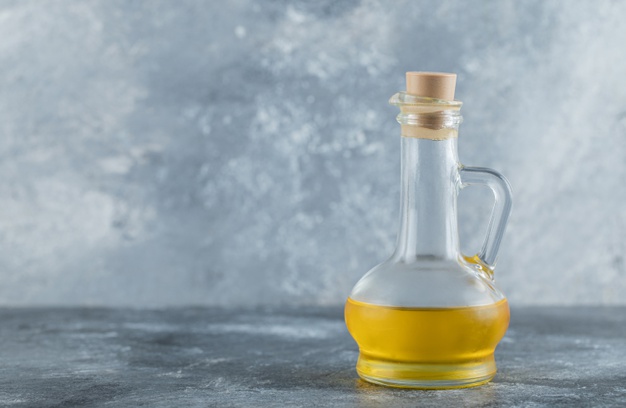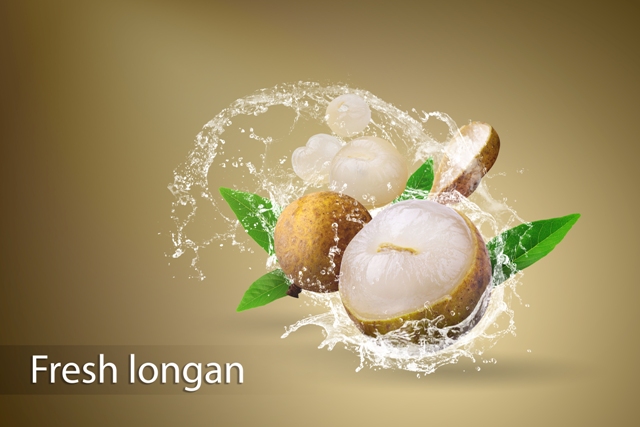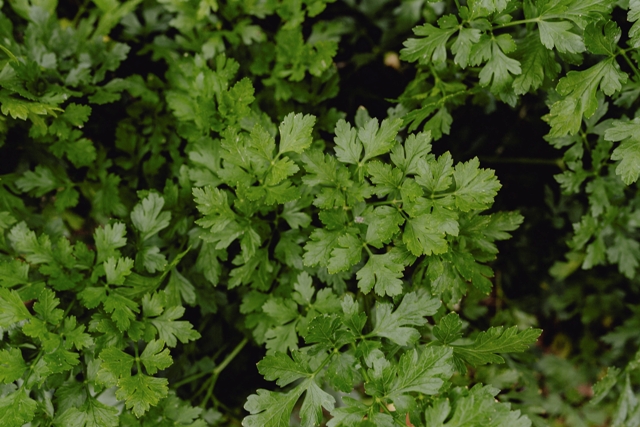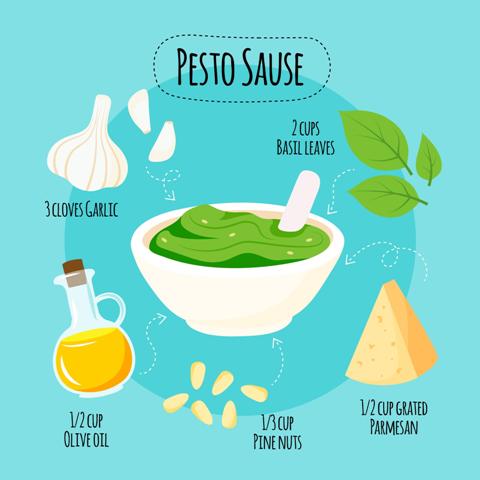Tahini is a nutritious paste prepared from ground, hulled and toasted sesame seeds. It has been traditionally used in Greek, North African, Turkish and Middle Eastern and Iranian cuisine. It is extensively used for various therapeutic and culinary purposes.
Some important information regarding tahini
- It is an important Middle Eastern condiment prepared from toasted sesame and considered as a very common ingredient of Middle eastern as well as Mediterranean cooking
- It is basically served as a chief ingredient of hummus, halva and baba ghanoush
- It has strong nutty as well as earthy flavor
- It is oily
- It is thick in consistency and smooth in nature
- It is little bitter in taste
How tahini is prepared?
Below points will discuss about the method of tahini preparation –
- At first, sesame seeds should be soaked properly then crushed and hulled for taking off the kernel
- After that the remaining portion is toasted and further soaked in salt water
- Then it should be subjected to pounding and finally a thick and oily paste is obtained, which is known as tahini

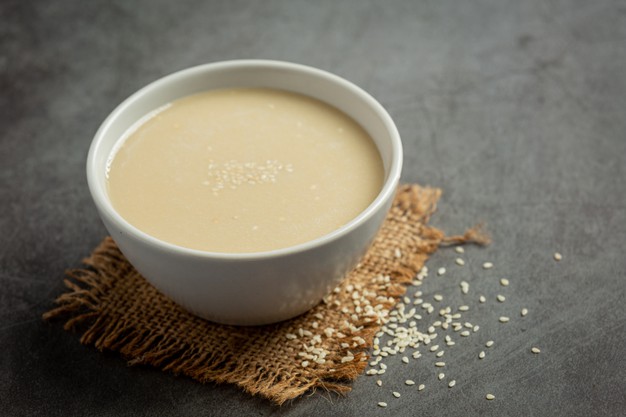
Nutritional profile
- It contains lesser amount of carbohydrates
- It contains dietary fibre as well
- It also contains protein
- It contains desirable amount of fat but does not contain any cholesterol
- It is packed with various micronutrients like B vitamins, Vitamin A, iron, copper, calcium, phosphorus, zinc, selenium and magnesium
- It also contains various imperative phytonutrients that exert antioxidant, anti-inflammatory, antimicrobial and anti-carcinogenic activity
Biological activity
Antioxidant activity
- Tahini contains significant amount of lignan sesamin that shows antioxidant activity and protects the body from the injurious effects of free radicals
- It helps to improve cellular functions as well thus promotes wellbeing
- It helps to spare various imperative biological substances of body from oxidation hence sustains their functionality
- Moreover its consumption is linked with reducing oxidative stress hence reduces the susceptibility of developing chronic diseases
Anti-inflammatory activity
- Sesame seed exhibits potent anti-inflammatory activity and as sesame seed is utilized for preparing tahini thus consumption of tahini is thought to be very much effective for preventing inflammation
- It helps to reduce the level of inflammatory mediators in body, which ultimately help to decrease inflammation, swelling and pain
- It has seen that its consumption is very much useful for decreasing the concentration of MDA or malondialdehyde in osteoarthritic patient, which helps to prevent joint swelling and aids in improving symptoms

Anti-carcinogenic activity
- As tahini is made by sesame seed thus it contains sesamol, an important natural substance of sesame seed, which is responsible for exerting anti-carcinogenic activity
- It helps to hinder the growth of cancerous cells in body by inducing apoptosis
- It helps to prevent metastasis as well
- It is also related with suppressing the growth of tumor cell in body
- It has seen that tahini significantly decreases the prevalence of liver, colon, skin, lung and cervical cancer
Antimicrobial activity
- It helps to prevent the growth and reproduction of bacteria within host thus lowers the risk of developing contagious diseases. Whereas, it is also very effective against drug resistant bacteria
- Its consumption is thought to be very much beneficial for preventing diabetes associated foot wounds as well
Health benefits
Role on nervous system
- Consumption of tahini is believed to be very effective for improving the functionality of central and peripheral nervous system
- It has seen that its antioxidant activities play important role in protecting nerve cells from free radical induced oxidative damages thus help to sustain their activity
- It also helps to prevent inflammatory damages of brain thus improves brain’s action
- Its consumption is associated with improving memory too

Role on cardiac health
- Sesame seed contains various cardio protective nutrients that promote cardiac health, as tahini is prepared with sesame seed thus its consumption is thought to be extremely helpful for improving cardiac functionality as well
- It helps to decrease the concentration of LDL, VLDL and triglyceride in body that play significant role in lowering the risk of developing atherosclerosis and coronary artery disease as it helps to inhibit fat deposition within blood vessels hence prevents arterial plaque formation, arterial hardening and blockage. Whereas, it is associated with increasing the concentration of HDL, which helps to promote cardiac health and activity
- It helps to lower the risk of heart attacks and strokes as well
- Its consumption is also related with delaying the onset of cardio inflammatory events as a result it helps to reduce the prevalence of cardiovascular diseases
- It is very much beneficial for decreasing hypertension too (both systolic and diastolic blood pressure)
Role on skeletal system
- Tahini plays imperative role in promoting overall skeletal health
- Its calcium and phosphorus components help in healthy bone formation and bone mineralization as a result improves bone mass, strength sand density
- Its magnesium content is also associated with improving bone mineral density especially in the hip and the neck
- It has seen that consumption of tahini is extremely useful for lowering the prevalence of osteoporosis among post menopausal women

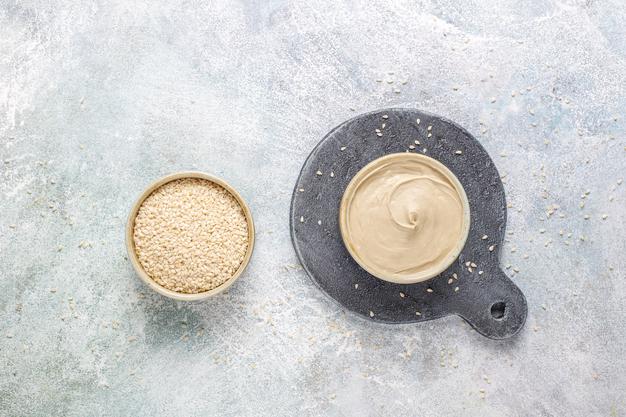
Role on hepatic health
- It helps to improve overall liver functions
- Its consumption is also associated with reducing the risk of developing hepatic disorders as it helps to protect the liver cells from free radical induced oxidative damages
- It helps to improve fat catabolism and also reduces fat production as well as fat deposition within liver as a result lessen the risk of developing fatty liver disease
- Liver is considered as the detoxifier of body as it helps in eliminating toxins. It has seen that consumption of tahini is awfully helpful for stimulating this detoxification process hence helps to cleanse the body
Role on renal health
- It is better to consume tahini for maintaining a healthy renal system
- It helps to protect kidney from oxidative and inflammatory damages thus reduces the susceptibility of developing renal disorders
- It helps to improve renal functionality as well
- Basically kidney helps to eliminate waste products from body through urine and tahini also helps to stimulate this function of kidney as a result it helps to decrease the risk of accumulating wastes in blood

Role on preventing anemia
- Individual suffer from anemia should include tahini in their diet as it contains desirable amount of iron
- Being a good source of iron, it plays imperative role in synthesizing and maturating hemoglobin as well as RBC that subsequently protects the body from the harmful consequences of anemia
Culinary uses
It is extremely versatile and can be utilized in various ways, like –
- It can be consumed with salads or it can be also used in salad dressing
- It can be consumed with chickpea
- It can be used for preparing protein smoothie too
- It can be also used for preparing soup
- It can be spread over toast
- It can be used to dip vegetables as well for preparing a healthy snack
- It acts as flavouring agent and helps to improve the flavor of dessert and baked foods like cookies, cake, banana bread etc
General consideration of using tahini
- It can be prepared at home and can also be purchased from grocery stores
- It is better to store it in refrigerator for enhancing its self life
Risk factors
Individual who have sesame seed allergy should avoid its consumption.

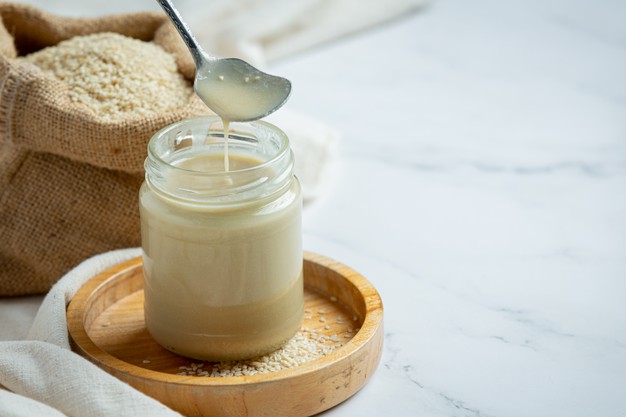
Source:
Ali̇, B.A.T.U. and BATU, H.S., 2020. The Place of Sesame and Tahini in Turkish Gastronomy. Aydın Gastronomy, 4(2), pp.83-100.
Anilakumar, K.R., Pal, A., Khanum, F. and Bawa, A.S., 2010. Nutritional, medicinal and industrial uses of sesame (Sesamum indicum L.) seeds-an overview. Agriculturae Conspectus Scientificus, 75(4), pp.159-168.
Elleuch, M., Bedigian, D. and Zitoun, A., 2011. Sesame (Sesamum indicum L.) seeds in food, nutrition, and health. In Nuts and seeds in health and disease prevention (pp. 1029-1036). Academic Press.
Raghavan, S., 6 delicious health benefits of tahini.
Reister, E.J., Belote, L.N. and Leidy, H.J., 2020. The benefits of including hummus and hummus ingredients into the american diet to promote diet quality and health: A comprehensive review. Nutrients, 12(12), p.3678.
